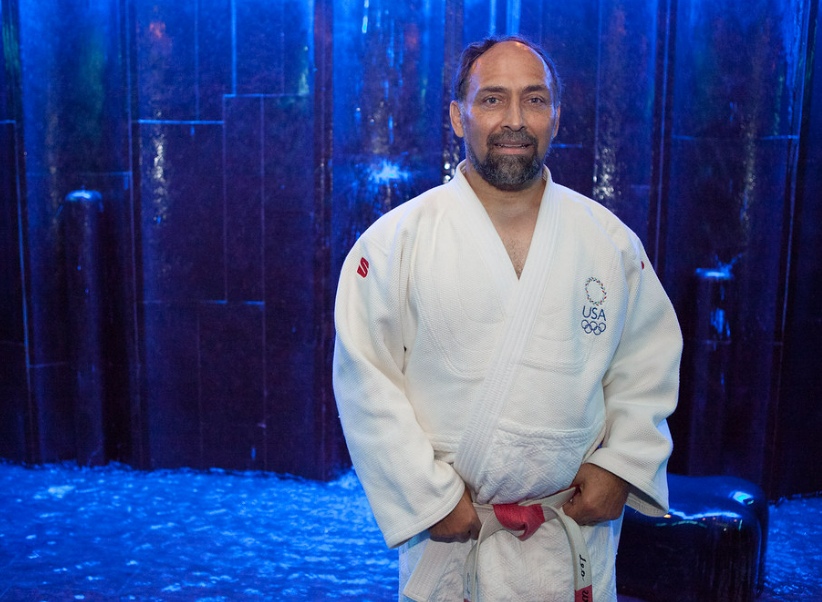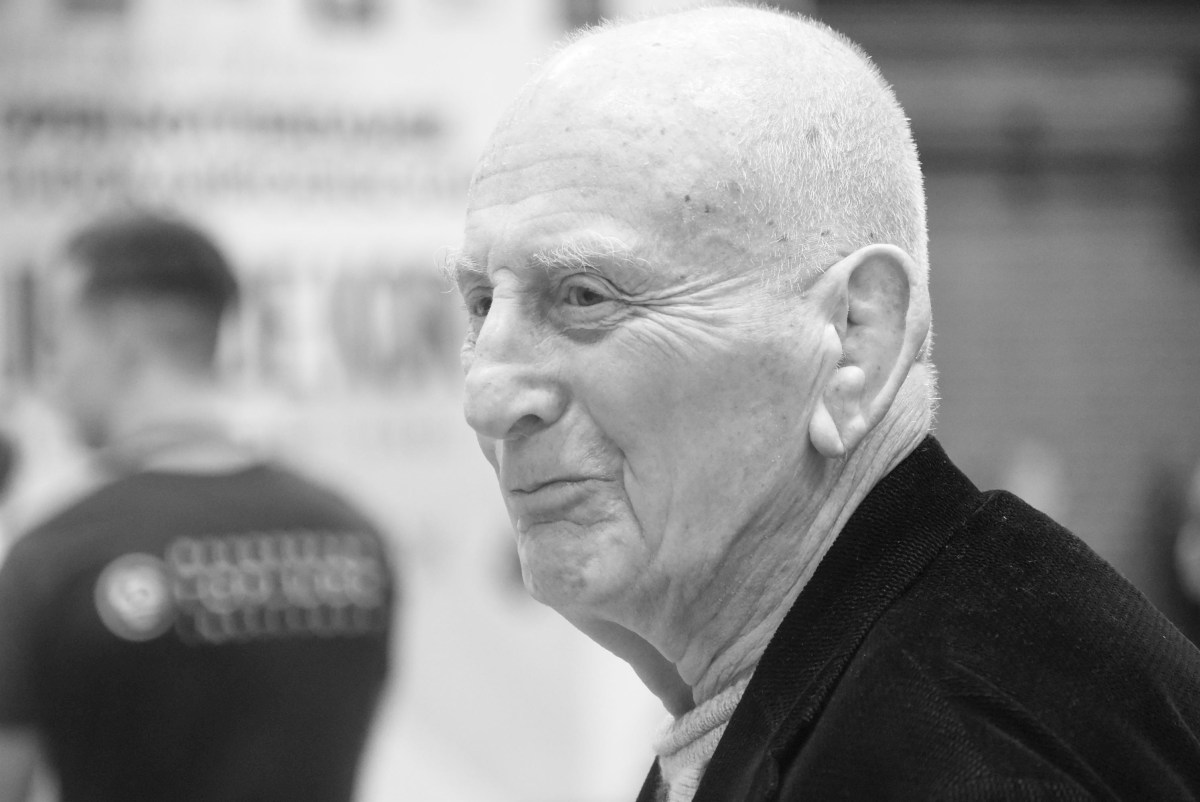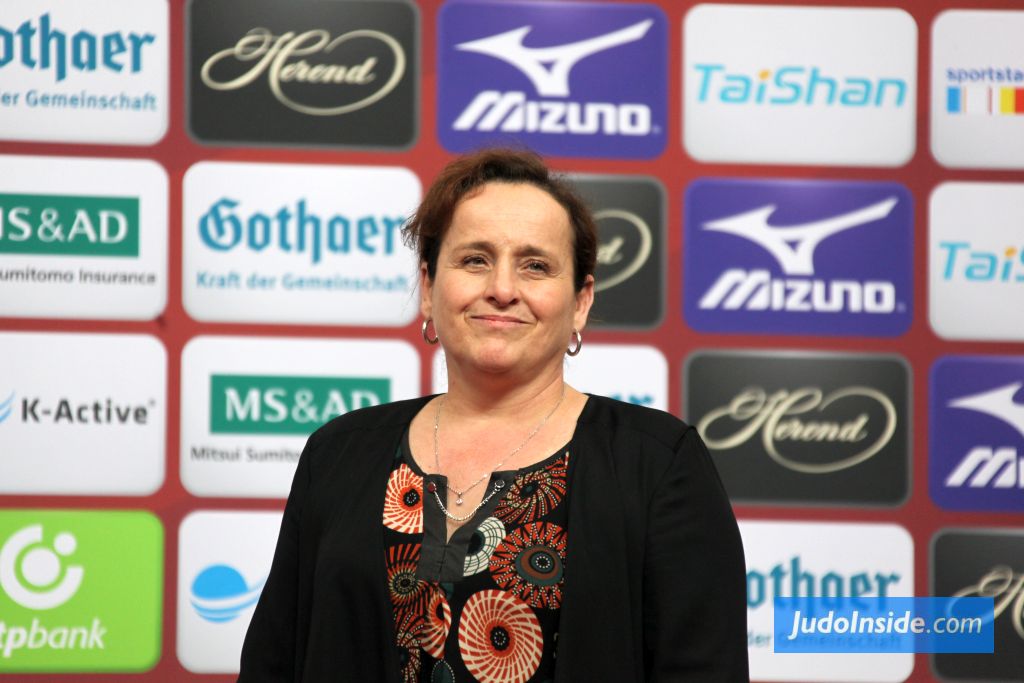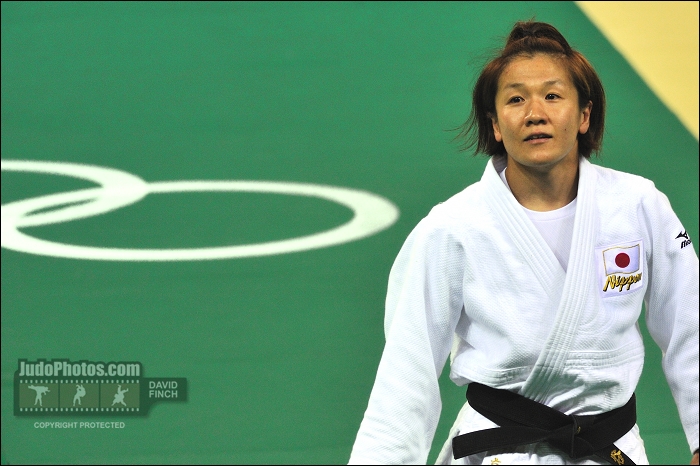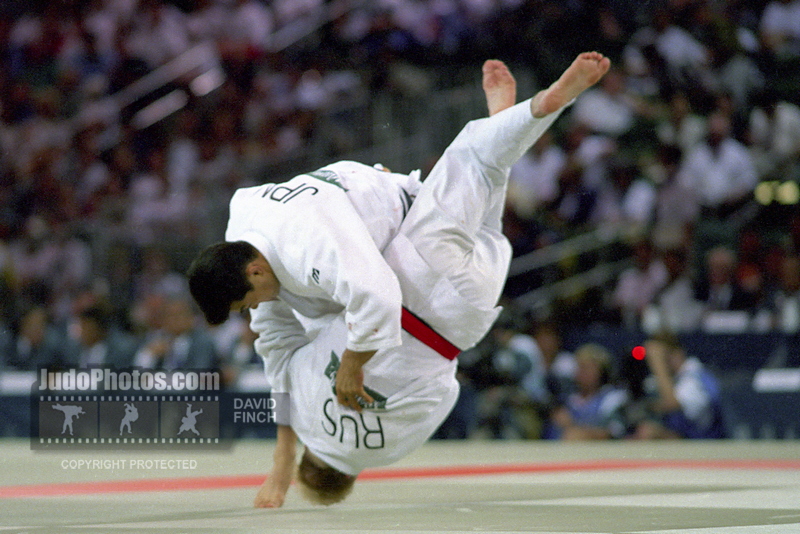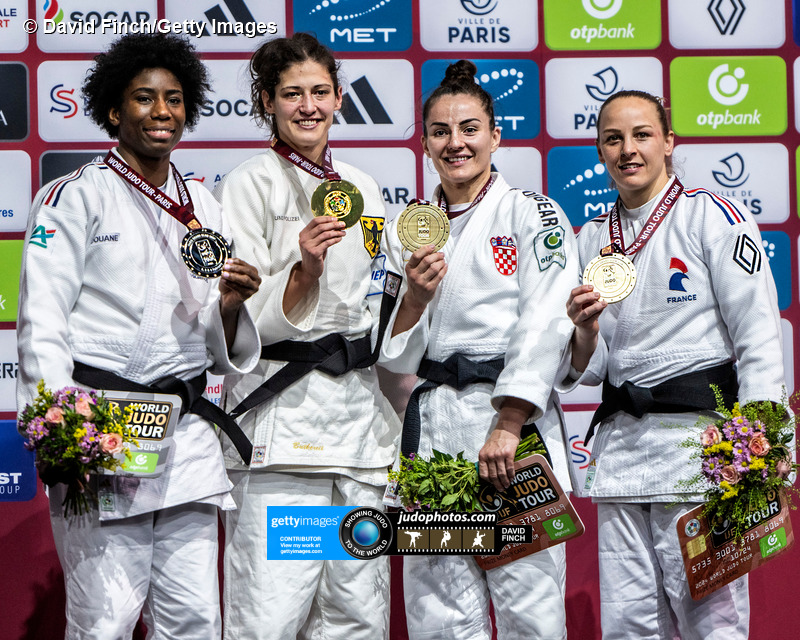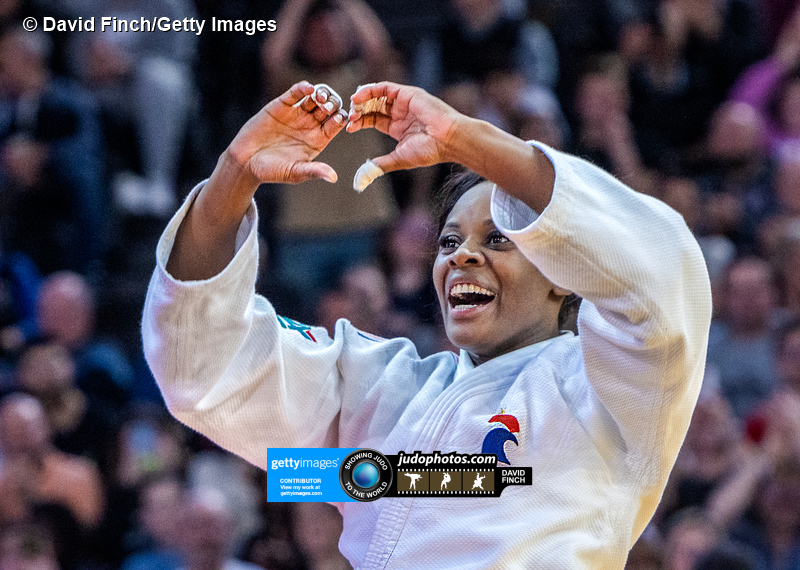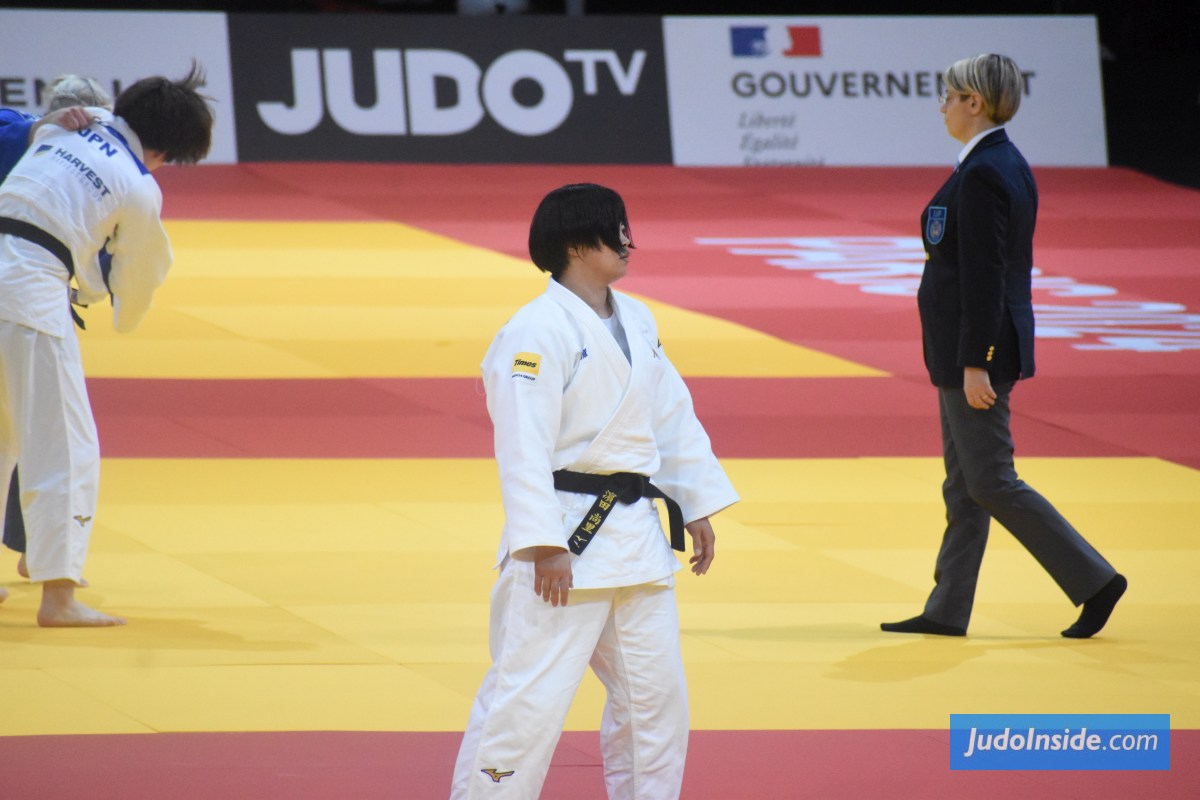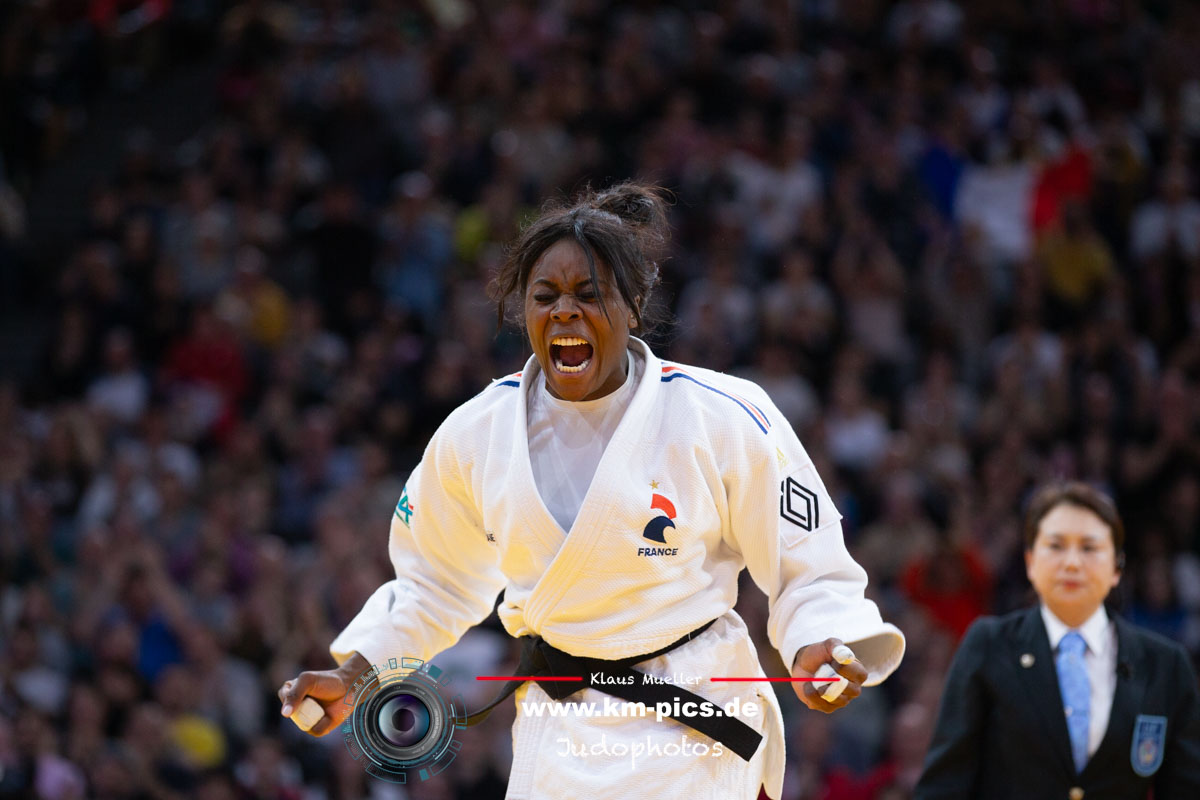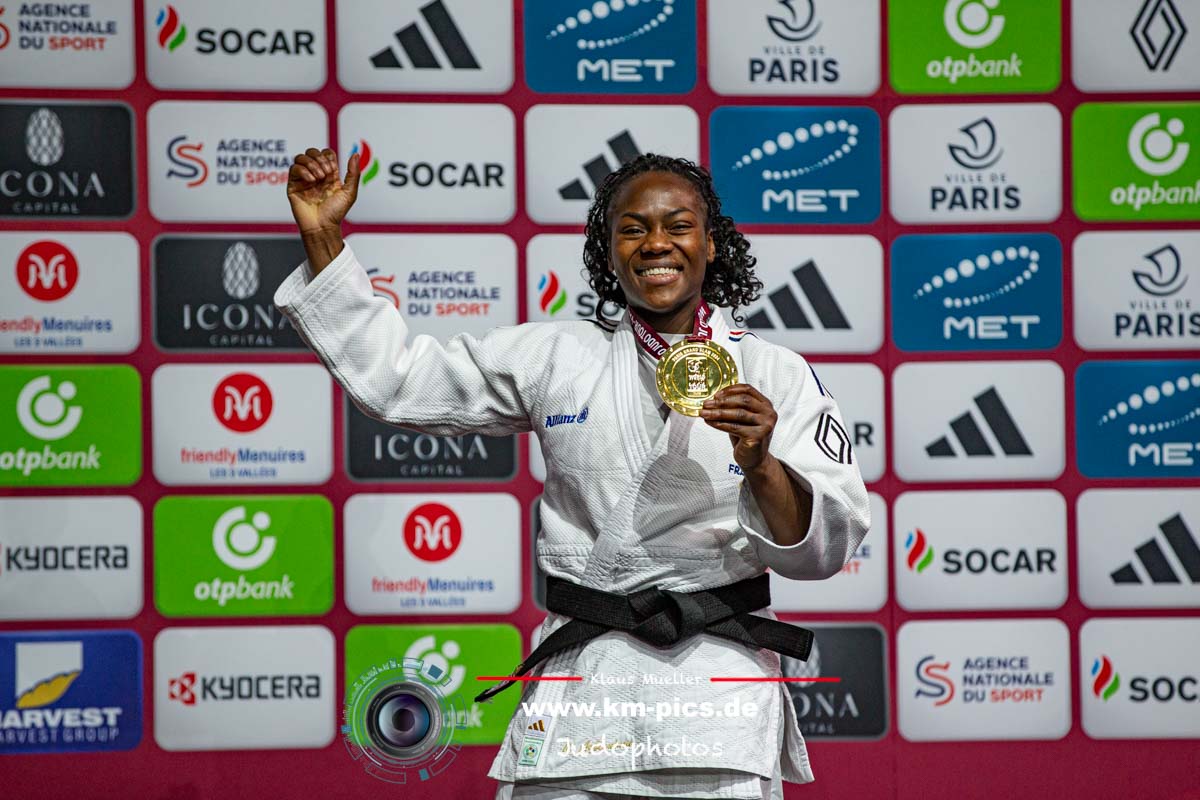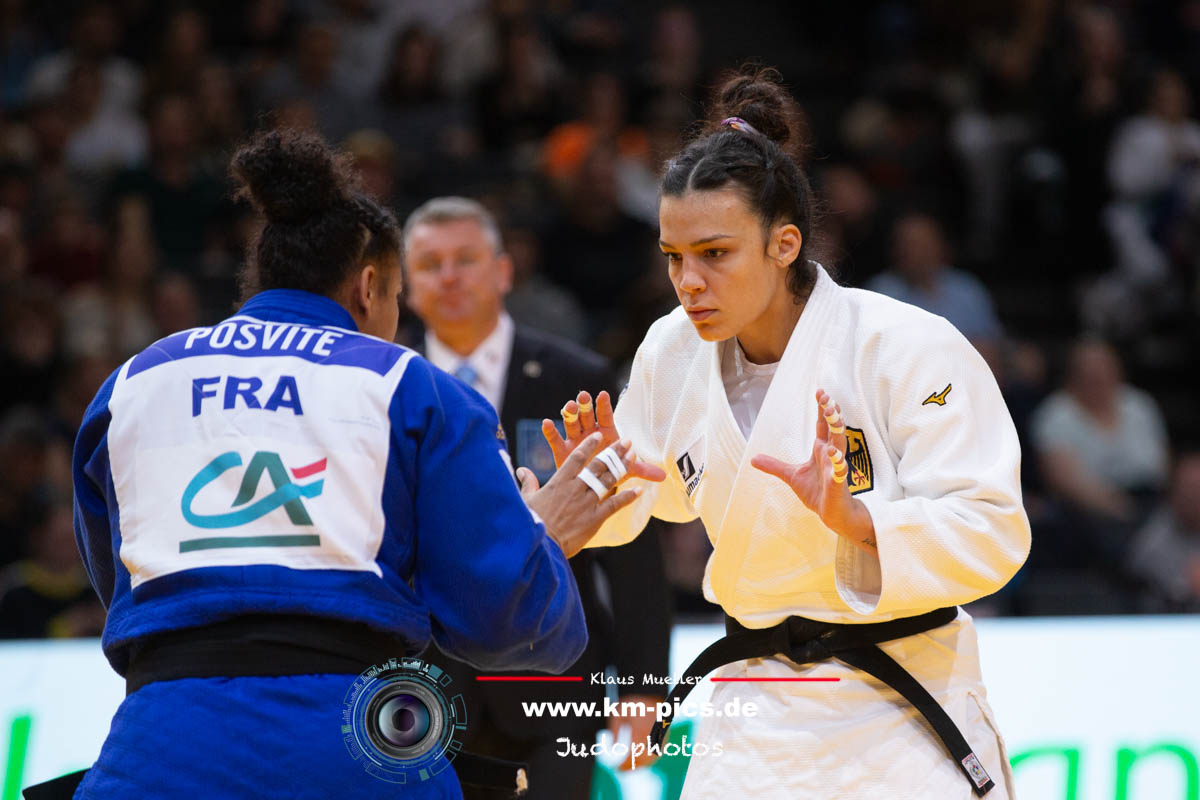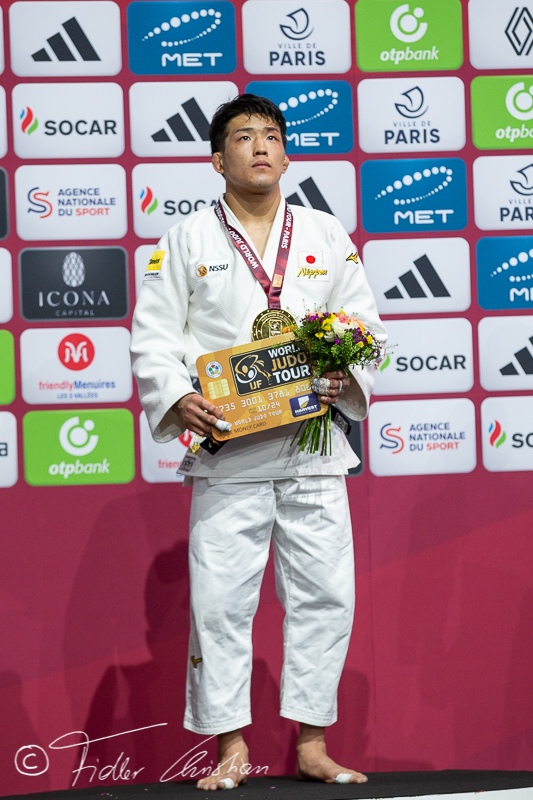Leo White, America's underdog and giant killer
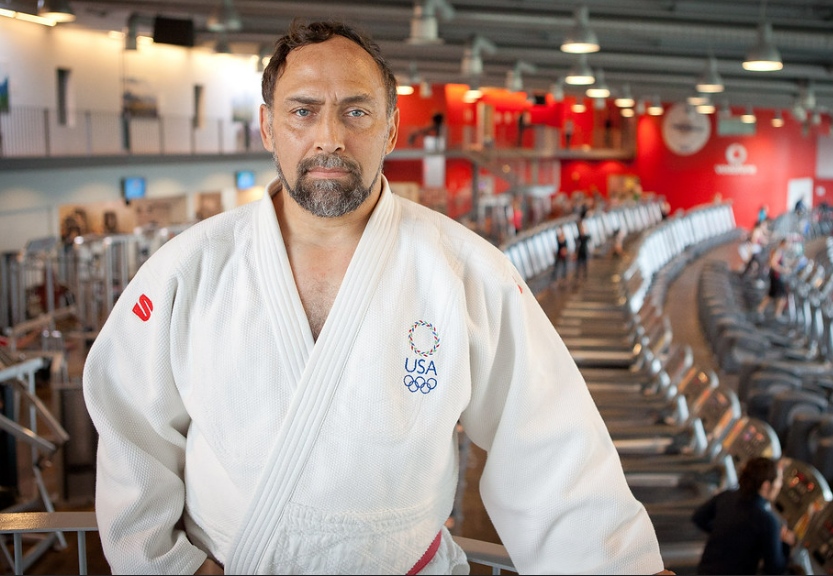
 30 May 2022 12:10
30 May 2022 12:10
 by JudoCrazy and JudoInside
by JudoCrazy and JudoInside

Every now and then, you will see an underdog pull off an amazing feat and defeat a top champion. This does happen in judo but usually it’s a one-off event. Almost never does this happen twice. Yet with Leo White, lightning indeed does strike twice.
In the 1984 LA Olympics, the top favorite for the gold medal was the legendary Robert van de Walle of Belgium, who was the defending Olympic Champion.
He did not do so well at the 1983 Moscow World Championships, getting only a bronze. The gold and silver medalists were Andreas Preschel of East Germany and Valery Divisenko of the Soviet Union, respectively. However, neither of them was at the LA Olympics as the Soviet Union had initiated a boycott of the Games. This made van de Walle the top favorite.
White was van de Walle’s first fight of the tournament, and their match-up was to be but a formality. Except White didn’t read the script. He drew van de Walle to the edge of the mat and proceeded to throw him with a massive soto-makikomi just seconds into the match.
A shocked van de Walle breathed a sigh of relief when the referee gave waza-ari, because it could easily have been an ippon. With only 16 seconds having elapsed, van de Walle had plenty of time to return fire. And return fire, he did, scoring yuko with sumi-gaeshi.
White, who had clearly decided to go on the defensive soon started to accrue penalties. First, he received a shido for passivity, then he got a chui for stepping outside the mat area, with less than a minute to go. Back in those days a penalty for a player meant an equivalent score would be given to his opponent. So, if White were to receive one more penalty (resulting in keikoku), it would have resulted in waza-ari being given to van de Walle. The Belgian piled on the pressure but time ran out on him.
This shock defeat stunned the American audience in attendance. Even the referee seemed surprised and mistakenly awarded the match to van de Walle. The other judges quickly corrected the situation and White was then declared the winner.
White managed to win his next match but became unstuck when he met Iceland’s Bjaqarni Fridriksson. With White out of the running, gone too were van de Walle’s chances of getting into the repechage.
In 1992, White was already 35 years old and going for his last Olympics, in Barcelona. He won his first match, against an Egyptian player, which then brought him up against Stephane Traineau of France, the 1991 World Champion and the favorite to win gold at the Olympics.
Traineau was in fine form, throwing his first opponent, from Indonesia, with a massive Khabarelli technique that thrilled the crowd. After that, he armlocked Iceland’s Fridriksson. His third match of the day would be against White, who, on paper, should have been an easy win. But, of course, it wasn’t.
Fans of judo must have felt a deep sense of déjà vu when they watched White take Traineau to the edge of the mat, in the opening seconds of the match, and launch him with a massive soto-makikomi. It was almost identical to what he had done to van de Walle in 1984, except this time it was given a score of ippon.
White then lost his next match, against Theo Meijer of the Netherlands, and with that, dashed any hopes of Traineau making it to the repechage rounds.
In two Olympics, Leo White defeated the top favorites for the gold in similar and stunning fashion. If there ever was a giant killer, he was it.
 like
like
 share
share

| Result | City | Date |
|---|---|---|
| 2 | Paris | 30 Jul |
| 1 | Abu Dhabi | 21 May |
| 1 | Zagreb | 26 Apr |
| 3 | Belgrade | 2023 |
| 2 | Montpellier | 2023 |
